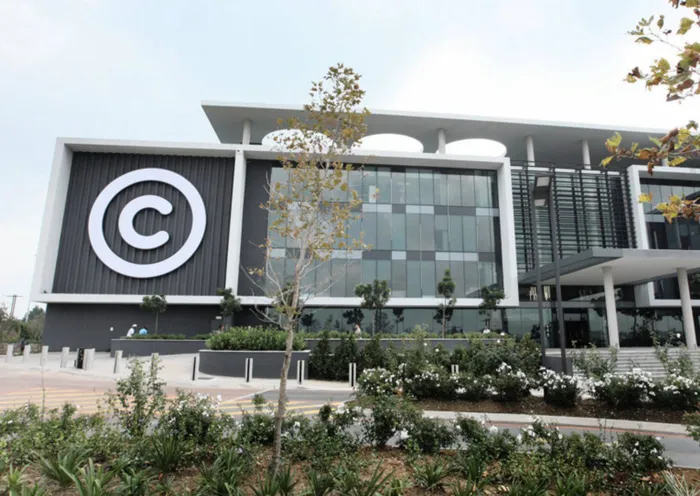Blue Label Telecom plans to list Cell C on the JSE, boosting share price by 11.18%
Telecoms

Cell C, South Africa’s fourth largest mobile network operator, may list on the Main Board of the JSE in terms of restructuring proposals announced by its parent Blue Label Telecoms on Friday. .
Image: Simphiwe Mbokazi 453
Blue Label Telecom investors cheered news of plans to list subsidiary Cell C on the Johannesburg Stock Exchange, and the share price increased by 11.18% on Friday afternoon.
Blue Label’s management said the proposal to list the mobile telecommunication company, which has only recently been restored to financial stability, arose from their desire to restructure Blue Label’s investments and unlock value for shareholders.
Blue Label’s share price traded 11.18% higher by early Friday afternoon on the JSE, a price that is already more than double the R4.31 that it traded at a year before.
The parent of Cell C said it is considering options and initiatives to unlock value for its shareholders. Over the past 24 months, a strengthened Cell C executive team had returned Cell C to a strong growth trajectory, putting it on a sustainable growth and profitability path going forward.
The restructure will involve the separation and potential future listing of Cell C on the Prime Segment of the Main Board of the JSE.
Various other transactions will be considered, aimed at optimising Cell C's capital structure and balance sheet in preparation for a listing.
“Should Blue Label elect to implement the proposed restructure, it is envisaged the various restructuring steps will be inter-conditional and contingent upon the potential listing of Cell C,” the statement said.
The process will need to be approved by the boards of Blue Label and Cell C, achieve shareholder and regulatory consents, and the listing would need to be in favourable market conditions, Blue Label's board said.
They said the proposed restructure is expected to deliver significant benefits for the company and its shareholders.
A separation and listing of Cell C from Blue Label's existing distribution businesses will allow investors to independently assess the value and focus of each business.
An airtime asset transfer from Blue Label subsidiary The Prepaid Company (TPC), which holds shares and debt claims in Cell C, will need to take place in exchange for new equity in Cell C.
TPC's outstanding debt claims against Cell C will be converted into equity,
Cell C will also acquire Blue Label subsidiary Comm Equipment Company (CEC) from TPC in exchange for additional Cell C shares. CEC is responsible for Cell C's postpaid offerings.
This internalisation will enable Cell C to assume responsibility over its postpaid customer base, including oversight of supply chain, commercial operations, marketing, billing, credit, and collections.
The Special Purpose Vehicles (SPVs) currently holding equity interests in Cell C will also be restructured, aligning their ownership structures with the redefined capital framework.
“Overall, the restructure is intended to streamline operations, improve financial sustainability, and enhance Cell C's readiness for long-term growth and potential listing,” Blue Label’s board said.
Cell C has taken a capital-light approach to its mobile network, using its own spectrum assets in combination with physical network infrastructure owned by other mobile network operators. An online search showed it had 7.7 million subscribers in May 2024.
“Going forward, Cell C will leverage the flexibility that comes with its capital-light model and the ability to roam across partner networks and will invest further to enhance customer offerings and experience.”
In the six months to November 30, 2024, Blue Label’s profit fell to R398.9 million from R413.19m over the same period the year before, and diluted earnings per share fell to 43.87 cents from 45.36 cents.
The group said the decline in earnings before interest, tax, depreciation, and amortisation and modest growth in core headline earnings were mostly driven by a lower CEC subscriber base, lower average revenue per user, and increased finance costs associated with the sale of a portion of the CEC handset receivable book.
Visit:www.businessreport.co.za